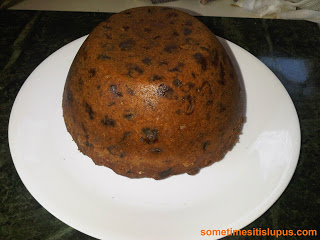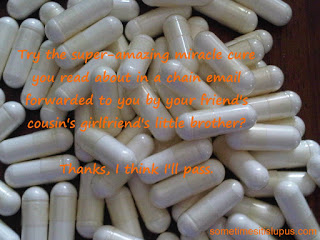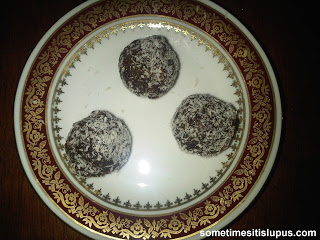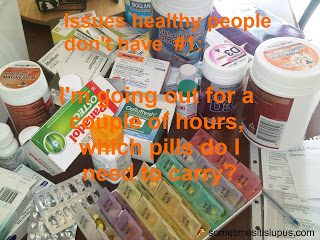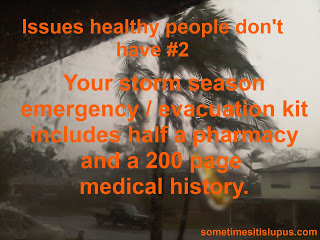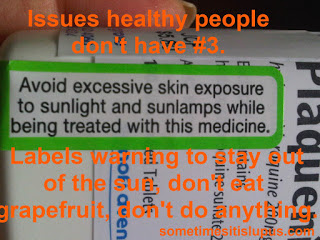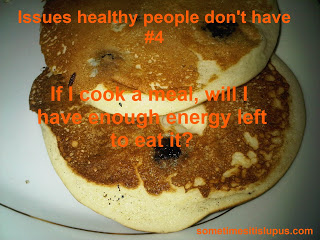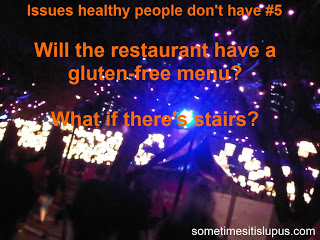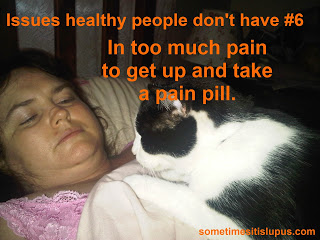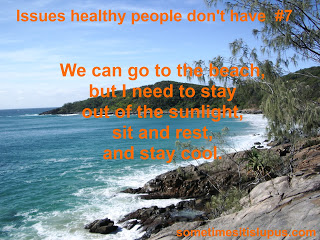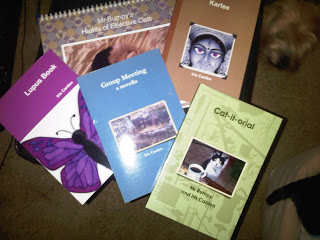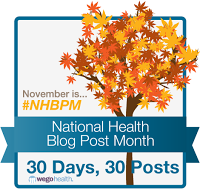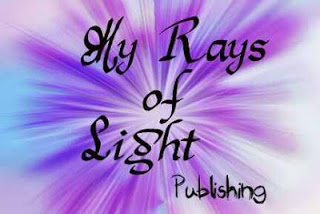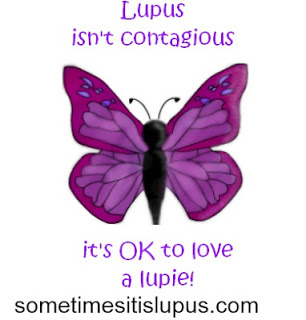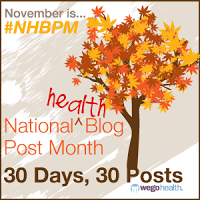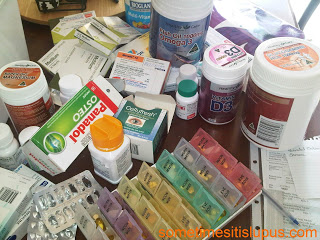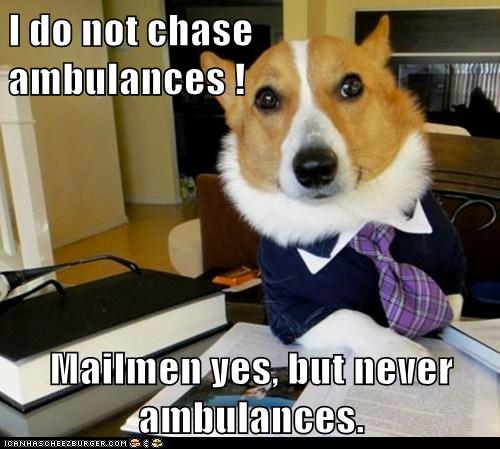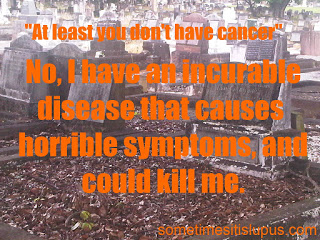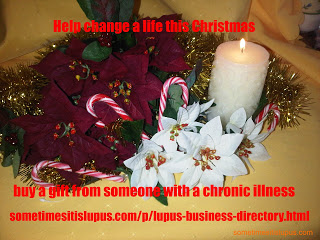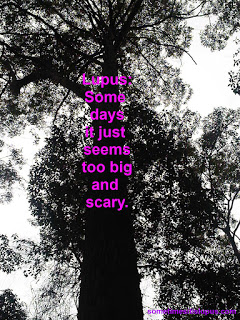Today's Health Blogging Month topic asks what I am thankful for.
This runs the risk of sounding like some awards speech, but there are so many people I am grateful to and for, and so many circumstances I am grateful for. I know I complain at times, but really, my life has been very blessed.
So let's start with the people:
I am incredibly grateful for my kids. God has blessed me with the most absolutely amazing kids on the planet. They have had struggles and challenges that not everyone their age has had to face, and they always come out on top. They never question reaching things for me, lifting things for me, or even helping me with my shoes on really bad days.
I am grateful for my amazing friends, who are there to support me through pretty much anything, and put up with me changing plans at the last minute and all sorts of other inconveniences. Who support me in very practical ways, as well as emotionally. Among my friends, I list the members of Ashgrove West Uniting Church congregation - they're more than my church, they're my family.
I am grateful for my GP, who is incredibly caring and understanding, and to my specialists who really know their stuff.
I am grateful for God, being with me through every event of my life, whether positive or negative, so that I'm never left feeling that I have to sort everything out by myself.
I am grateful for the on-line community. For all the amazing people who live in my computer. Those of you who read my blog and leave me comments, those who I meet on Facebook, Twitter, and Google+. It doesn't matter what time I log on, day or night, there's always someone wonderful waiting in my computer to share the ups and downs of life with.
I am grateful for everyone who has bought any of my books or tee shirts, for the friend who sends me gifts of money, for the business that is going to pay for my first sponsored blog post. I don't know that you realise just how much this means to me. With finances so tight, every little bit of "breathing room" in the budget is a huge relief and a blessing.
I'm grateful to the friends who gave me their portable air conditioner when they upgraded to a wall-mounted one. (It makes a massive difference to my fatigue levels in the Queensland summer.)
I am grateful for all of those people I don't know, working in laboratories, and hospitals, and universities, trying to find new treatments, and maybe even a cure for lupus.
I'll probably think of a dozen other people as soon as I hit "publish". (That's the risk with lists like this, and my brain fog.)
On to the circumstances I am grateful for:
Despite the fact that I have lupus, I have only lost two organs (appendix and uterus), both of which I can live quite easily without.
I am grateful for all the pills I hate taking so much. I know that in many places in the world, they would be hard to come by. Thanks to Australia's Pharmaceutical Benefits Scheme, medication is affordable. And because I have all that medication, I am much healthier than I might otherwise be.
I am grateful that I have a roof over my head, and I have always been able to provide a home for my kids. And as I start the process of applying for public housing, I am grateful that the Queensland Housing Department exists - and that even if it's a long waiting list, there will eventually be some suitable housing available for this next stage of my life.
And I'm grateful that we've always had food to eat, and somehow (sometimes it's a miracle) the bills all eventually get paid.
I am grateful that even when my brain fog's been really bad, I've still been able to write reasonably coherently most of the time. Writing is part of who I am, and if I lost that I would be devastated.
I'm grateful for the old dog who spends most of his time right beside me, and insists on naps at the right time. And for a cat who constantly causes trouble, but is very loving and knows when I most need a warm cat curled on a sore spot like a furry heat pack.
I'm grateful for that little bit of time after my divorce when I was still working full time, and was brave enough to take the financial risk of spending a couple of thousand dollars to take the kids on our only ever overseas holiday.
As with people, there's probably lots of other things I could add to the list, and will think of them after I hit publish. My life is full of wonderful blessings.
This post written as part of Wego Health's National Health Blog Post Month.


